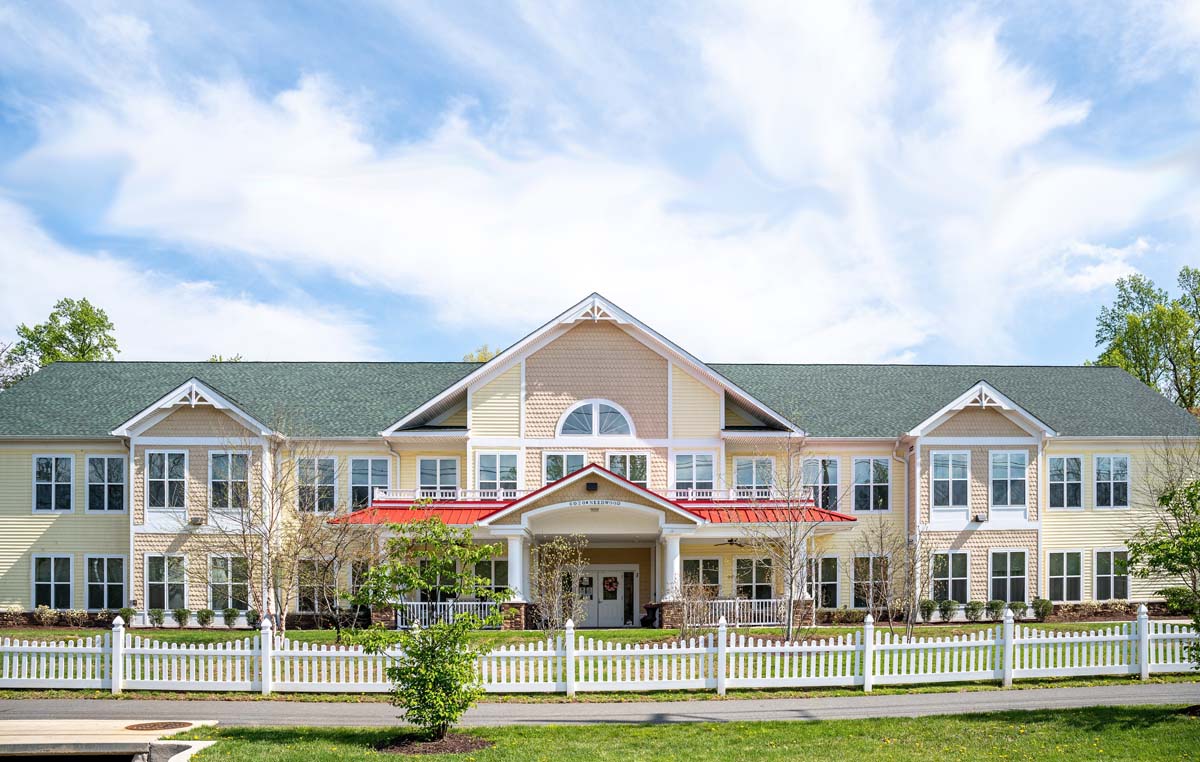If there is one thing that stands out about the times in which we are living right now is, uncertainty about what we can expect in the immediate future, especially the economic uncertainty we face. It is far more difficult for seniors to deal with uncertainty than it is for younger people, so the seniors among us are being affected mentally and emotionally more than any other age group. Already, seniors across the country are expressing anxiety and concern.
Retired seniors and those approaching retirement are being particularly affected by the economic instability that we are experiencing. Retired people live on a fixed income, and as such they do not have much “wiggle room” when it comes to personal finances. The cost of living for all Americans is rising, and it can be expected to keep rising in the immediate future. A lot of the things that seniors need to buy are produced outside the country, and this means that they will be spending a lot more on day-to-day necessities—on certain food items that are imported, such as fruits, vegetables, coffee, and items related to personal hygiene.
Seniors can offset this anticipated rise in prices by choosing to stock up on your daily necessities now, while prices are still affordable. This may mean going beyond your weekly or monthly budget, it may pay off in the long run. Something else that you may want to do is shop for groceries at local farmers’ markets instead of the supermarket. You may need to make some changes in your diet and rely only on locally grown food items, since these will be less expensive than imported products.
If you are on prescription drugs, you do not have much choice in avoiding the price increases, since most drugs are manufactured abroad, and they will be subject to price hikes, just like other imported items.
If you are receiving healthcare services from a healthcare professional, you should be prepared for an increase in your healthcare premiums, since economists are expecting inflation to rise, and this will set off a chain reaction, in which rising prices generally will create a need for higher salaries across the board, which means that it will become more costly to engage the services of healthcare providers. This is a cost that seniors will have to absorb, and there is no way to work around it.
If you are receiving a pension, you will find out, because your pension is a fixed amount, it will not go as far as it used to just a few months ago. If you depend heavily on your pension to survive, you will need to do some serious re-budgeting to make your monthly expenses fit your monthly income.
If you have a 401(k), you may have already noticed some discouraging changes. Once again, there is no way to work around this. All you can do is work with it by cutting down on spending and keeping only the essentials. Younger people can look to the more distant future, when economic stability might be restored. However, seniors do not have that option. They cannot look to 20 or 30 years down the road and wait for things to improve over time, so long-term optimism for investments does not work for seniors.
None of this is good news, but if you are prepared you will not be caught off guard.
Dr. Veena Alfred Ph.D
CEO /Administrator





